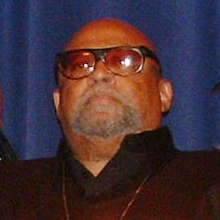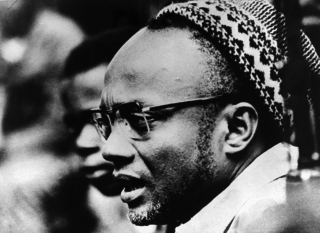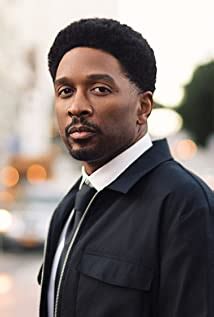A Quote by Maulana Karenga
The [Kwanzaa] holiday, then will of necessity, be engaged as an ancient and living cultural tradition which reflects the best of African thought and practice in its reaffirmation of the dignity of the human person in community and culture, the well-being of family and community, the integrity of the environment and our kinship with it, and the rich resource and meaning of a people's culture.
Related Quotes
I connect with my culture through my family. I speak Portuguese to my parents so that I can practice. I stay engaged with my extended family through a lively group chat on WhatsApp. That sense of community and family is the heart of Brazilian culture, and staying engaged with my family is what keeps me connected.
The intellectual tradition of the West is very individualistic. It's not community-based. The intellectual is often thought of as a person who is alone and cut off from the world. So I have had to practice being willing to leave the space of my study to be in community, to work in community, and to be changed by community.
A people who free themselves from foreign domination will be free culturally only if,
without complexes and without underestimating the importance of positive accretions from
oppressor and other cultures, they return to the upward paths of their own culture, which is
nourished by the living reality of its environment, and which negates both harmful influences
and any kind of subjection to foreign culture. Thus, it may be seen that if imperialist
domination has the vital need to practice cultural oppression, national liberation is necessarily
an act of culture
For my parents' generation, the idea was not that marriage was about some kind of idealized, romantic love; it was a partnership. It's about creating family; it's about creating offspring. Indian culture is essentially much more of a 'we' culture. It's a communal culture where you do what's best for the community - you procreate.
At the present moment in our culture this yearning for meaning and consciousness, this yearning to give and serve something higher than ourselves, is breaking through the hard crust of our widespread cultural materialism and pseudo-scientific underestimation of what a human being is meant to be together with an equally tragic overestimation of what we human beings are capable of in our present everyday state of being. The intensity of the present confusion about the nature and existence of God is a symptom of this yearning within the whole of our modern culture.
We are in the process of creating what deserves to be called the idiot culture. Not an idiot sub-culture, which every society has bubbling beneath the surface and which can provide harmless fun; but the culture itself. For the first time, the weird and the stupid and the coarse are becoming our cultural norm, even our cultural ideal.
The practice of conservation must spring from a conviction of what is ethically and aesthetically right, as well as what is economically expedient. A thing is right only when it tends to preserve the integrity, stability, and beauty of the community, and the community includes the soil, waters, fauna, and flora, as well as people.
I write characters focusing on them as human beings, and then you wrap them within a culture. So I think I can connect with him as a person with brown skin who's viewed differently by the world. In terms of his culture, we're thinking about where we are locating Wakanda within the continent, and what the people and history of that region are like. It's a process of investigation to help inform the story at this point. But we are going to be engaged with consultants who are experts on the continent and on African history and politics.

































